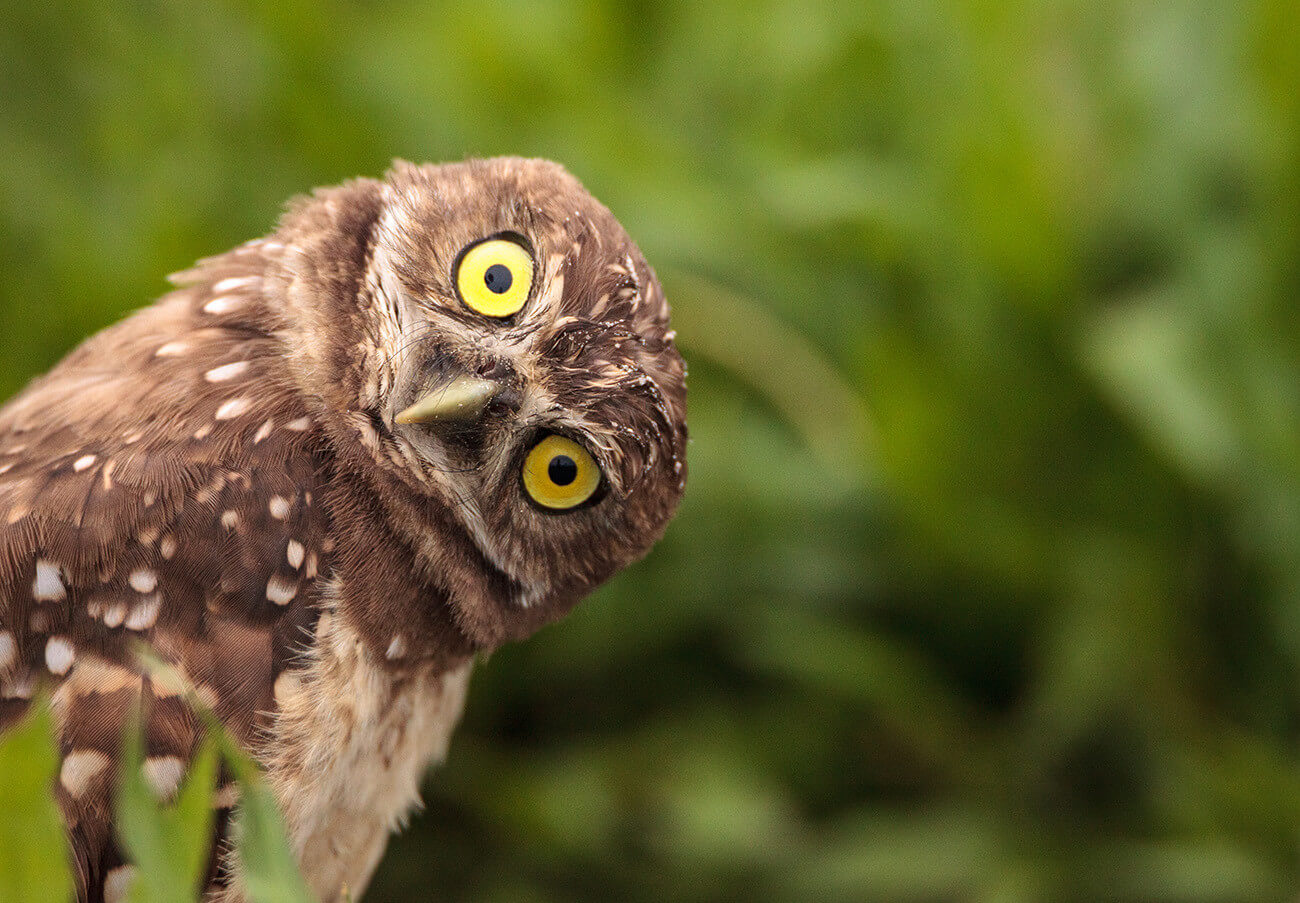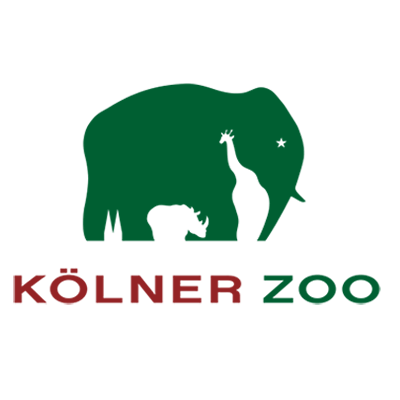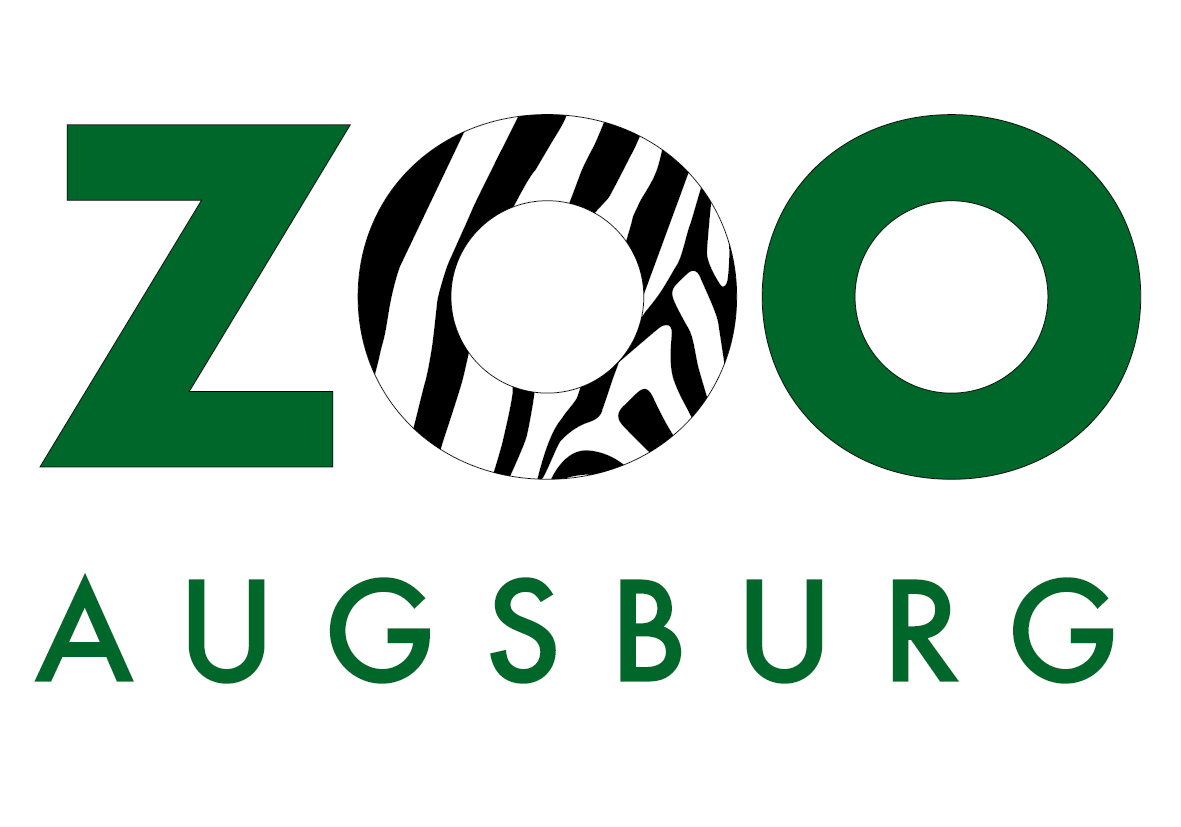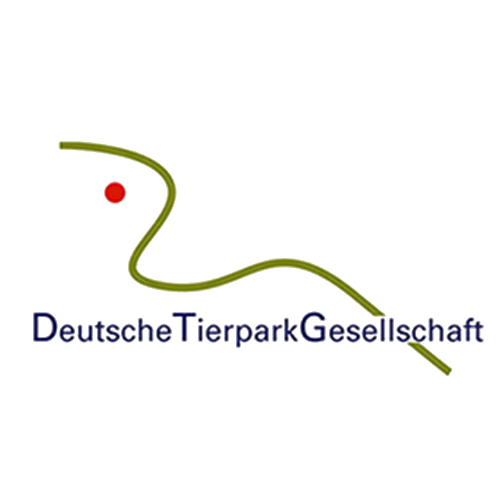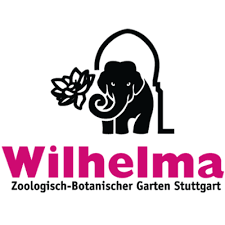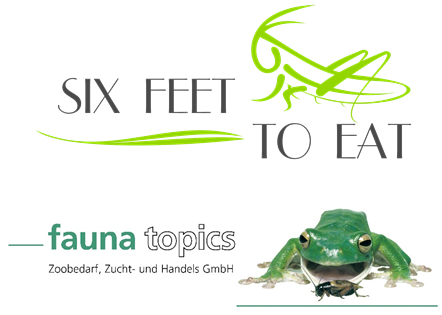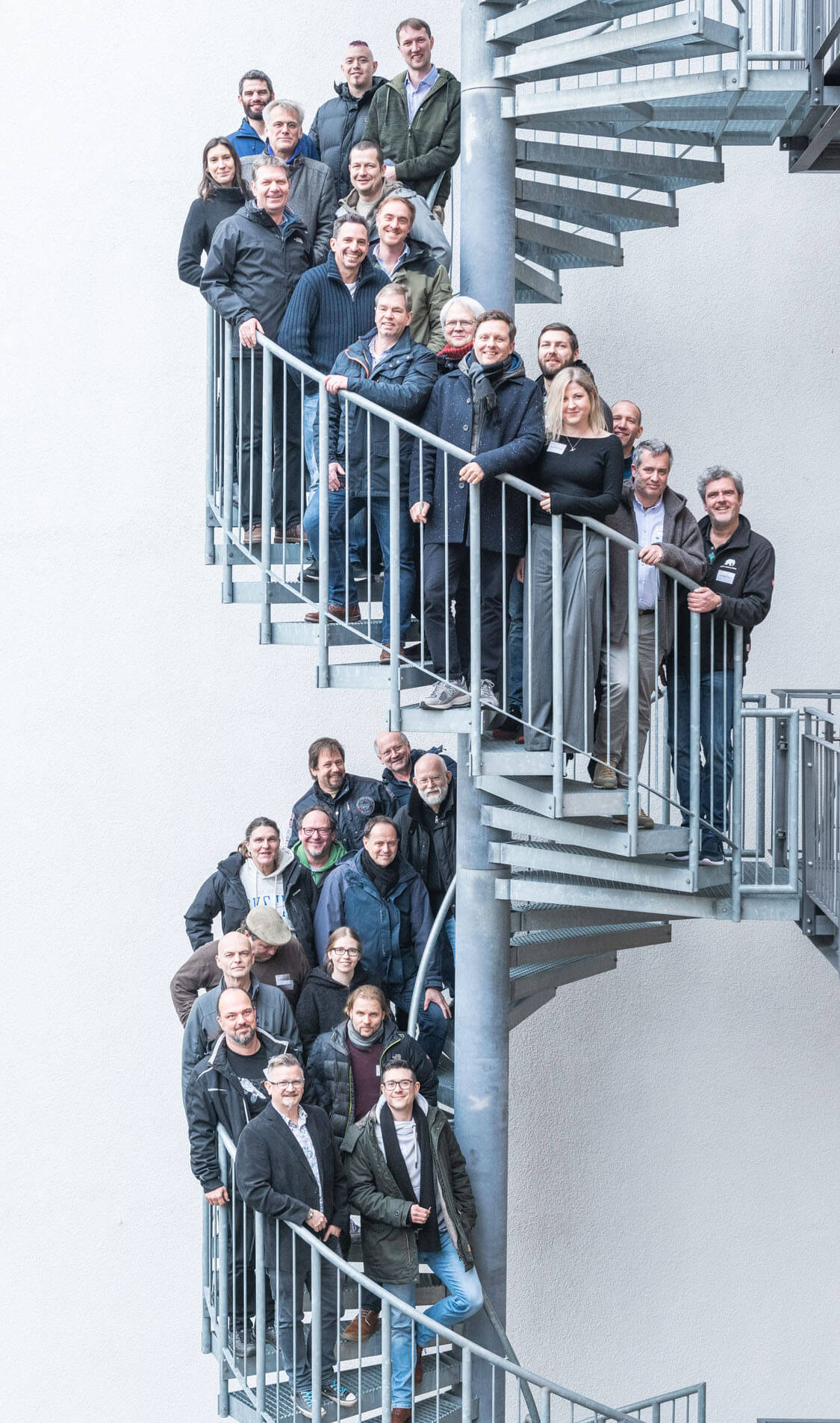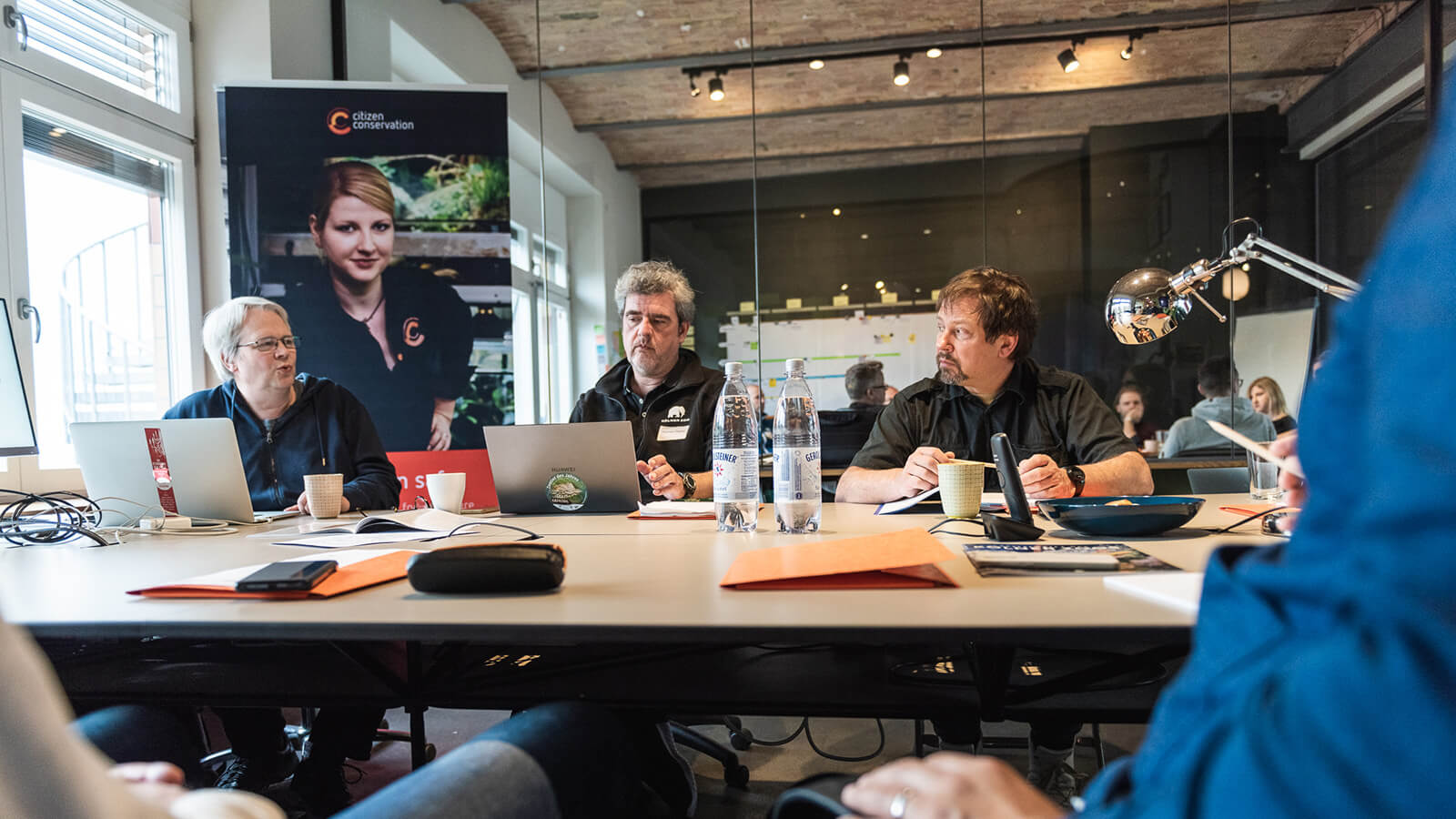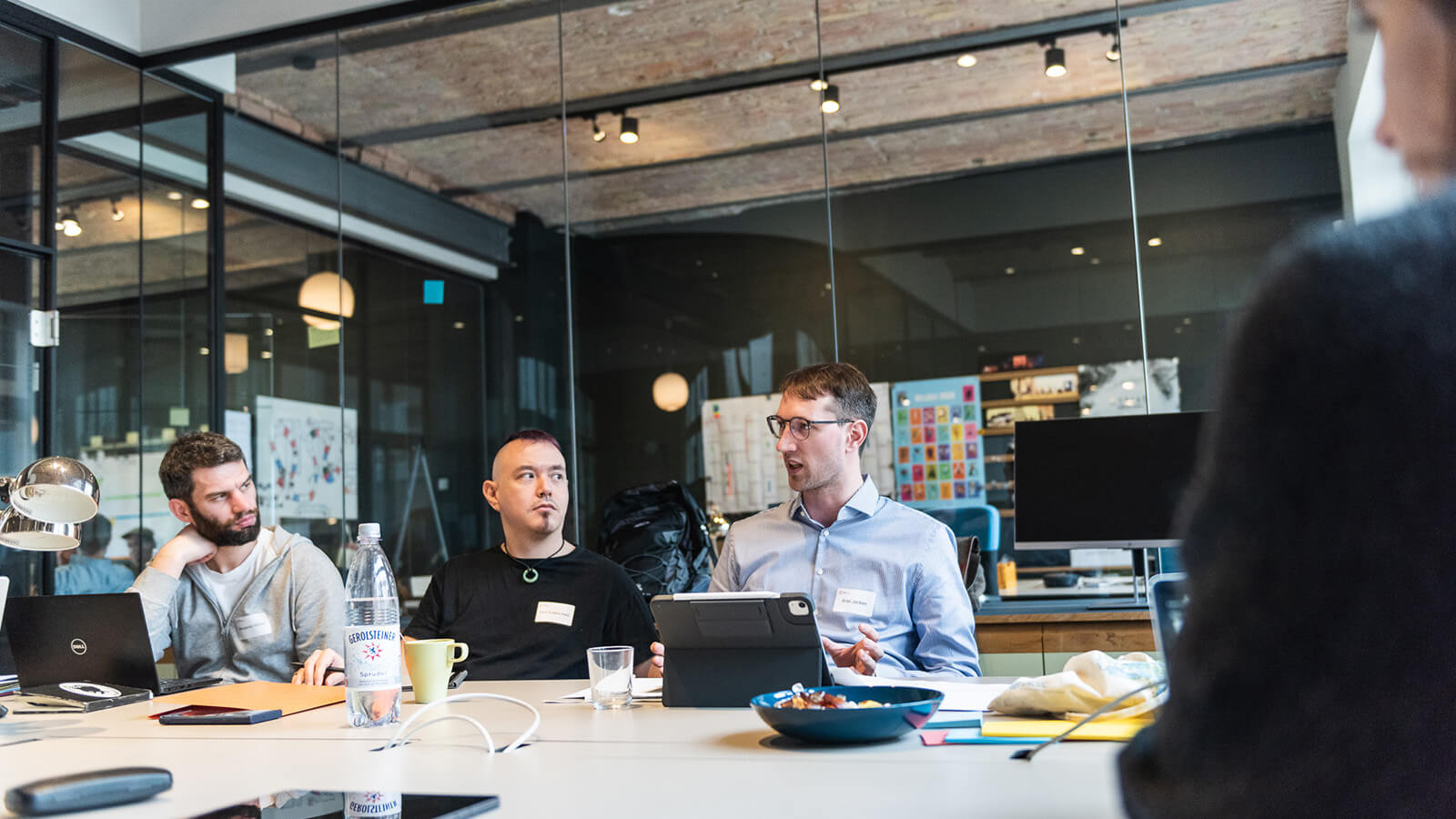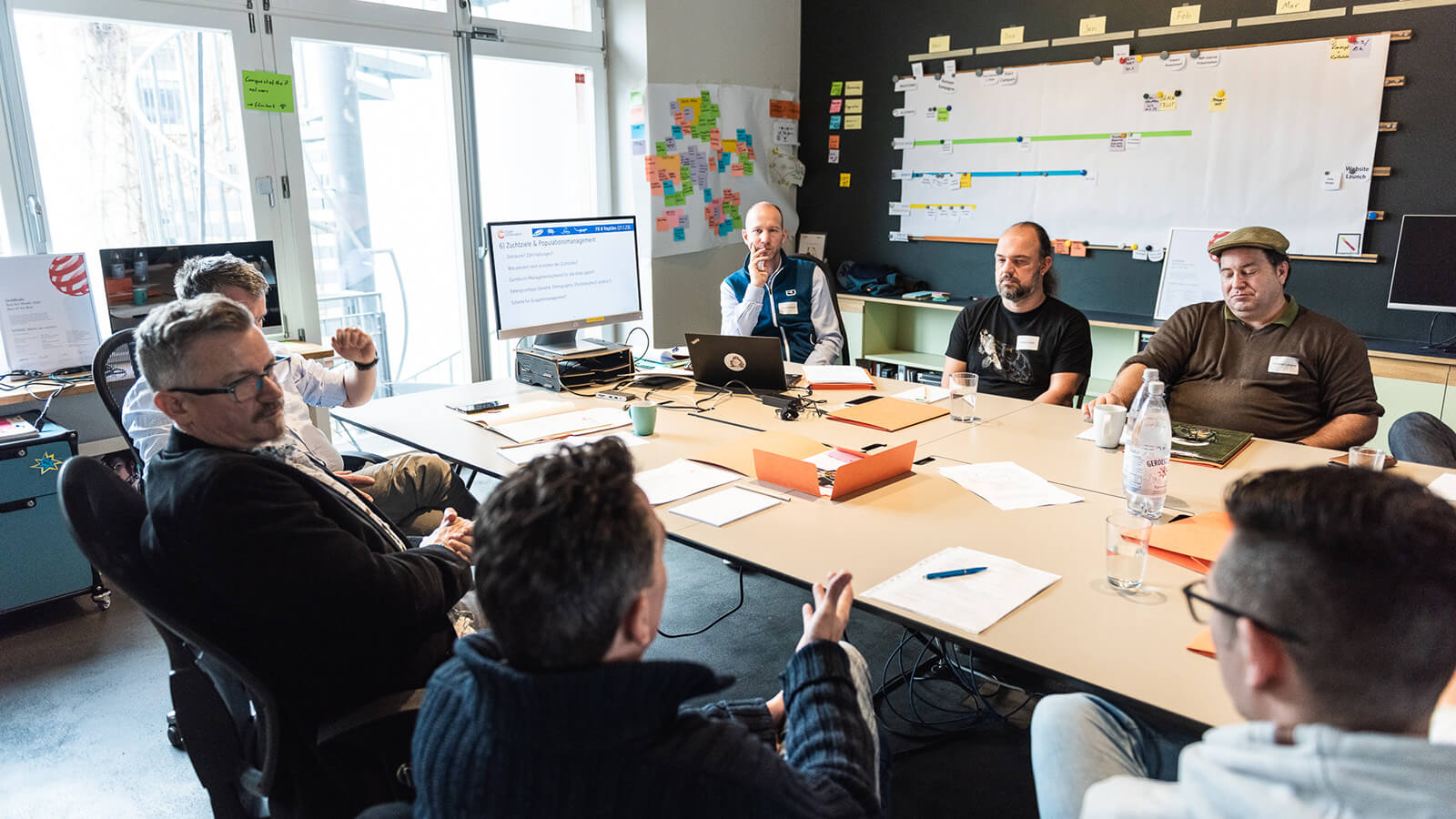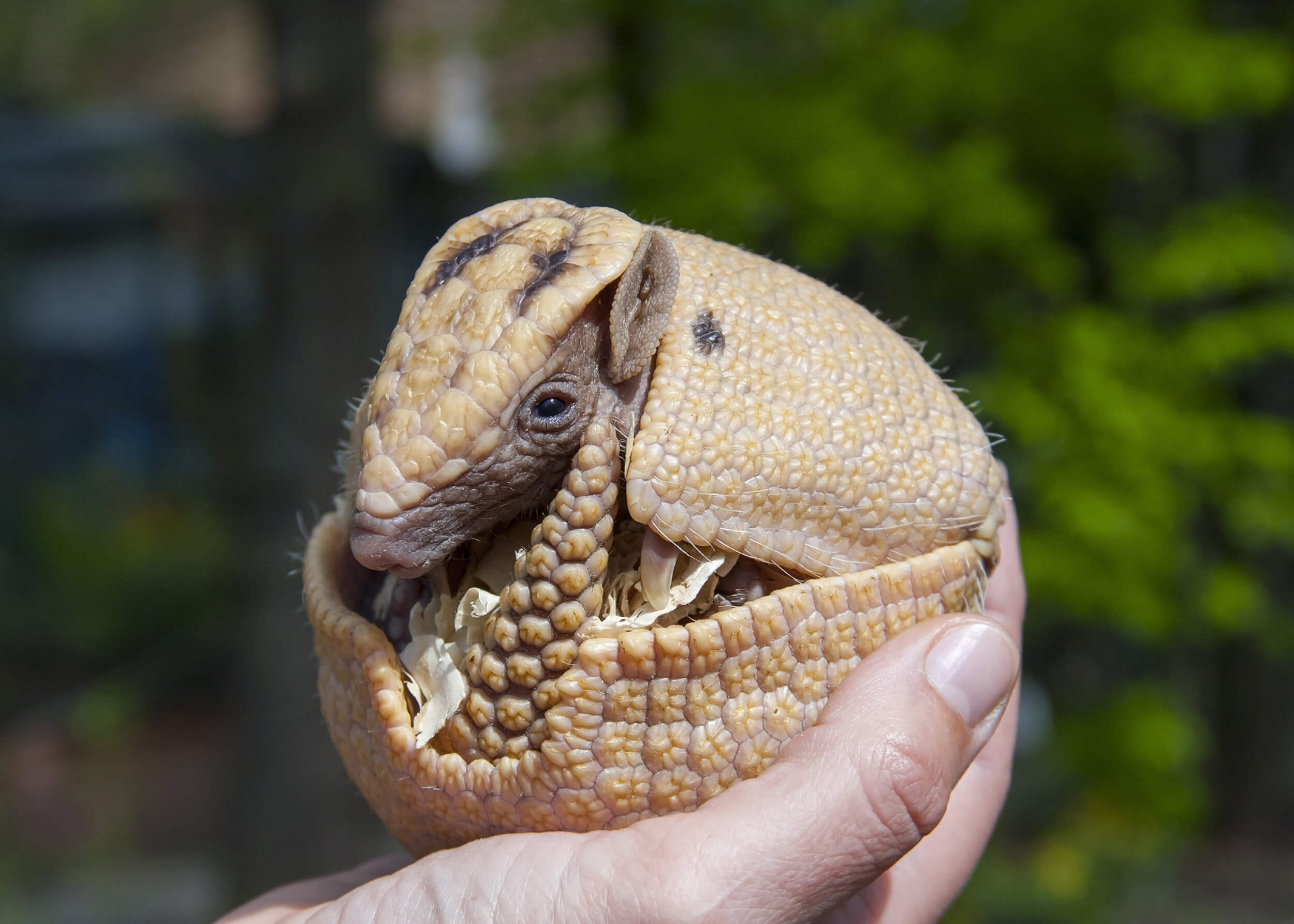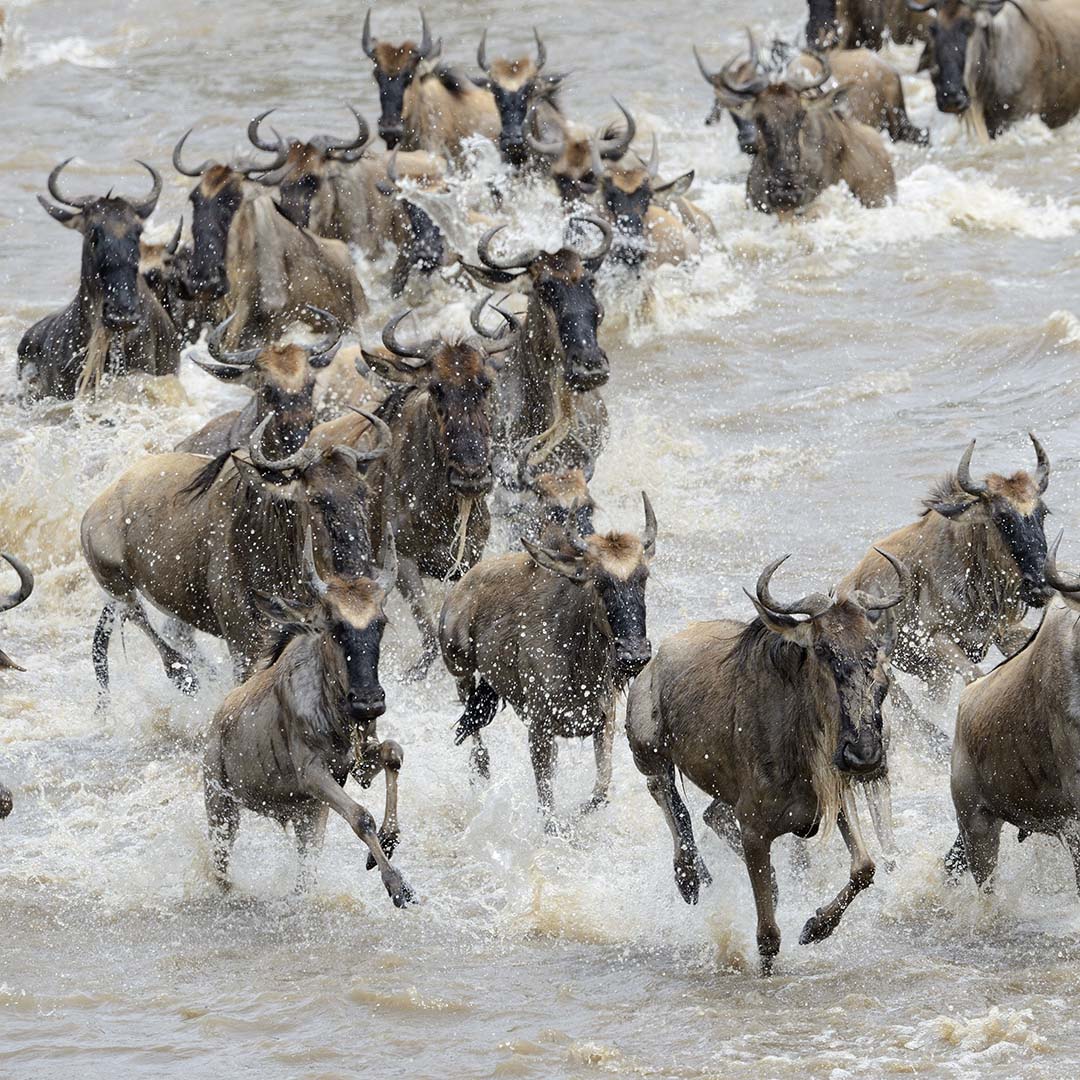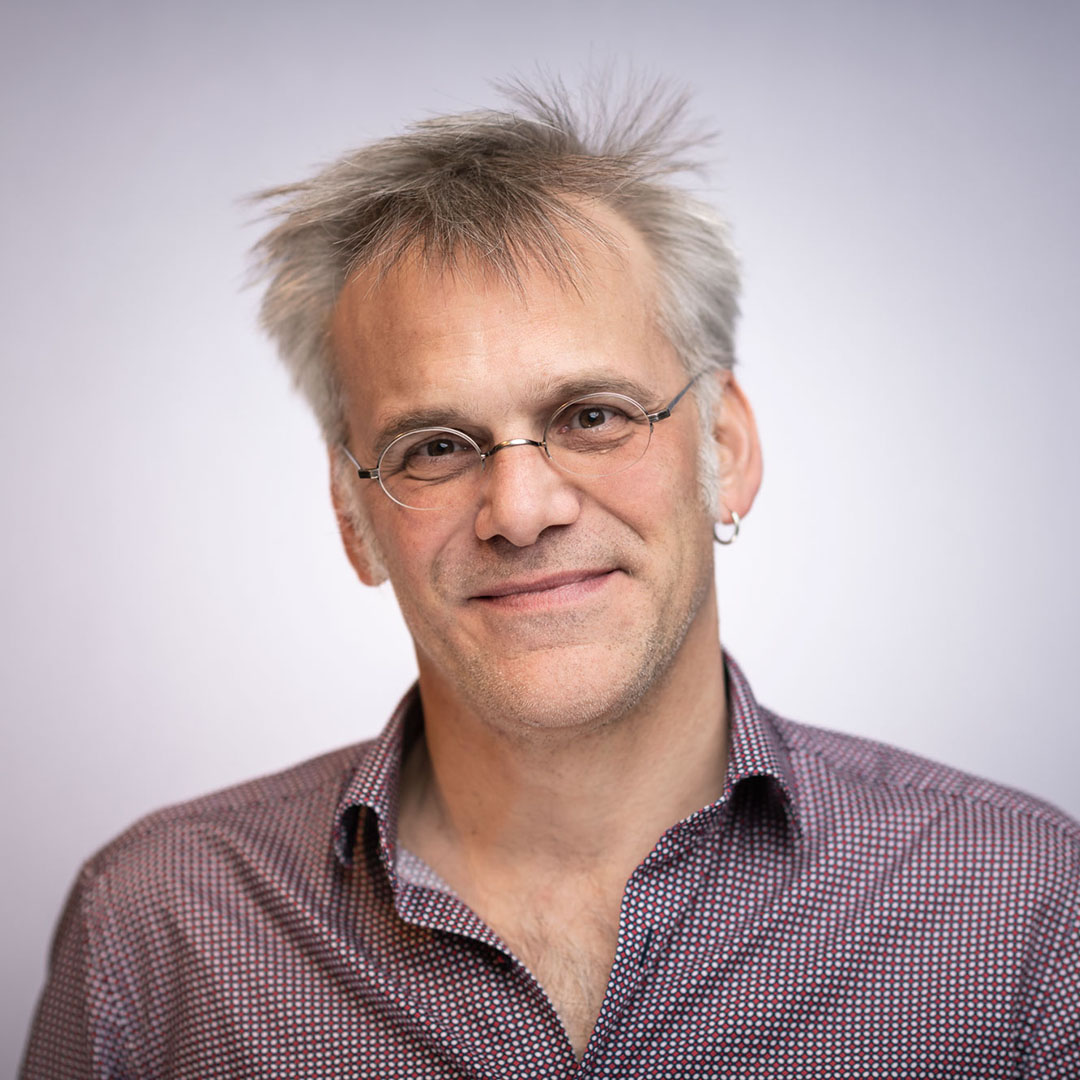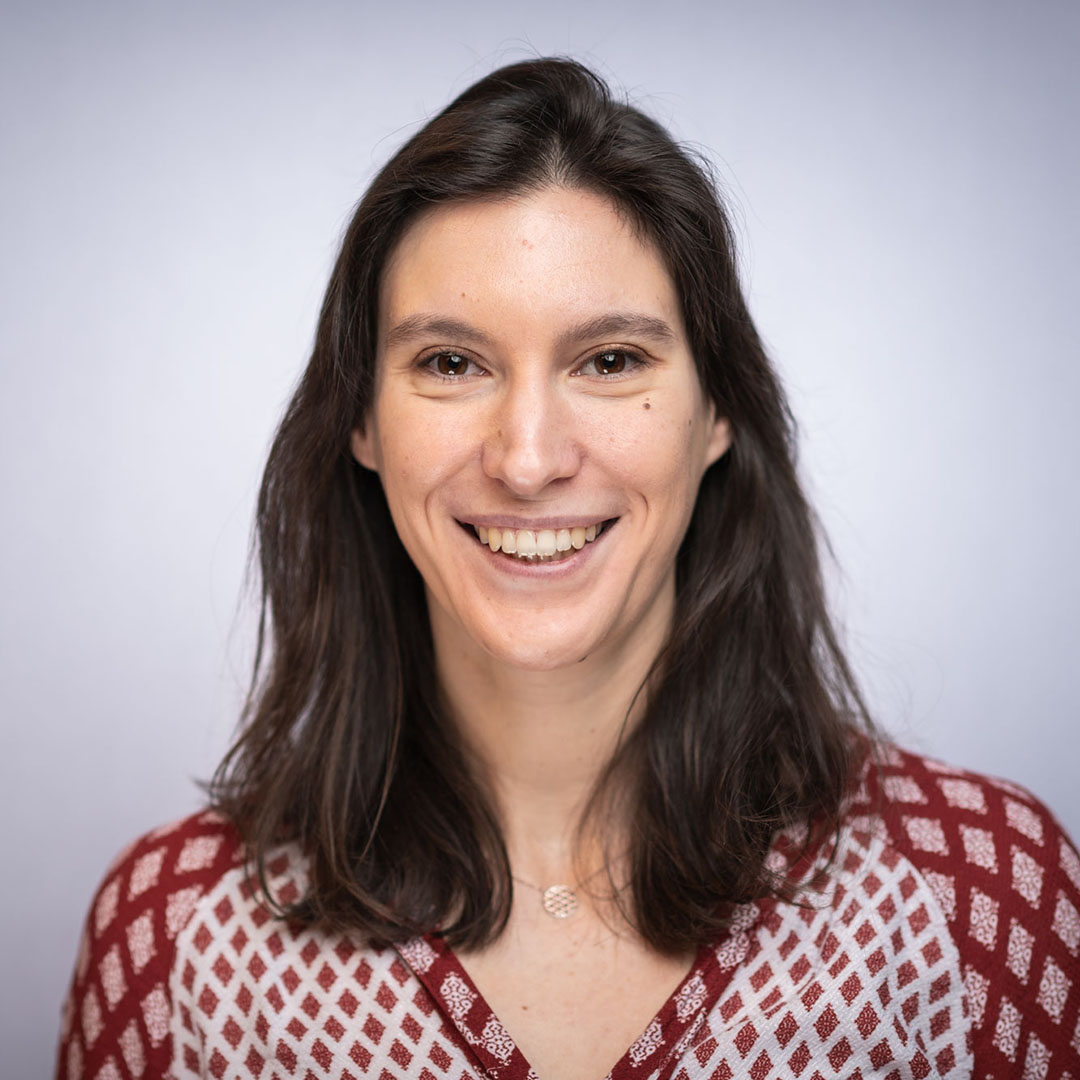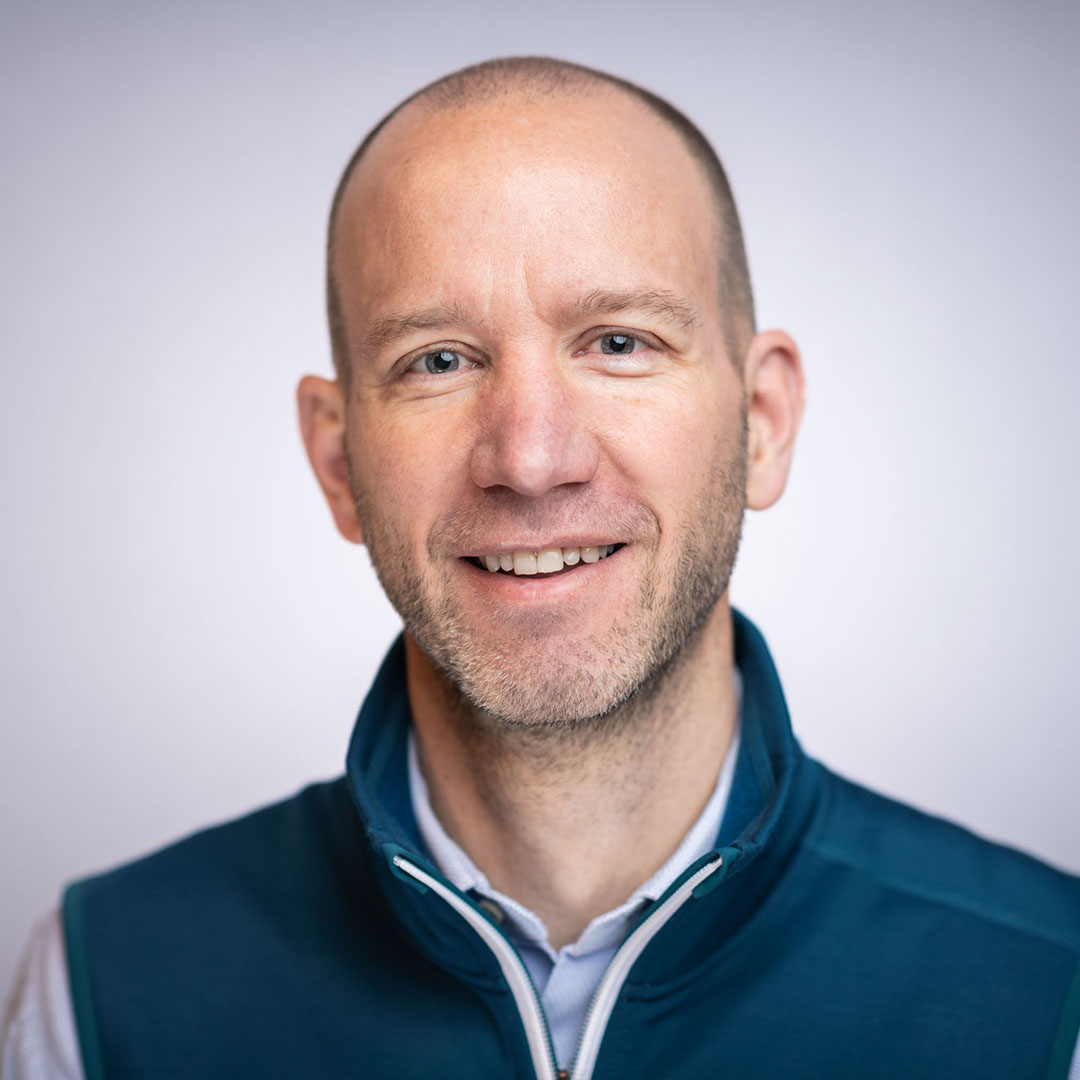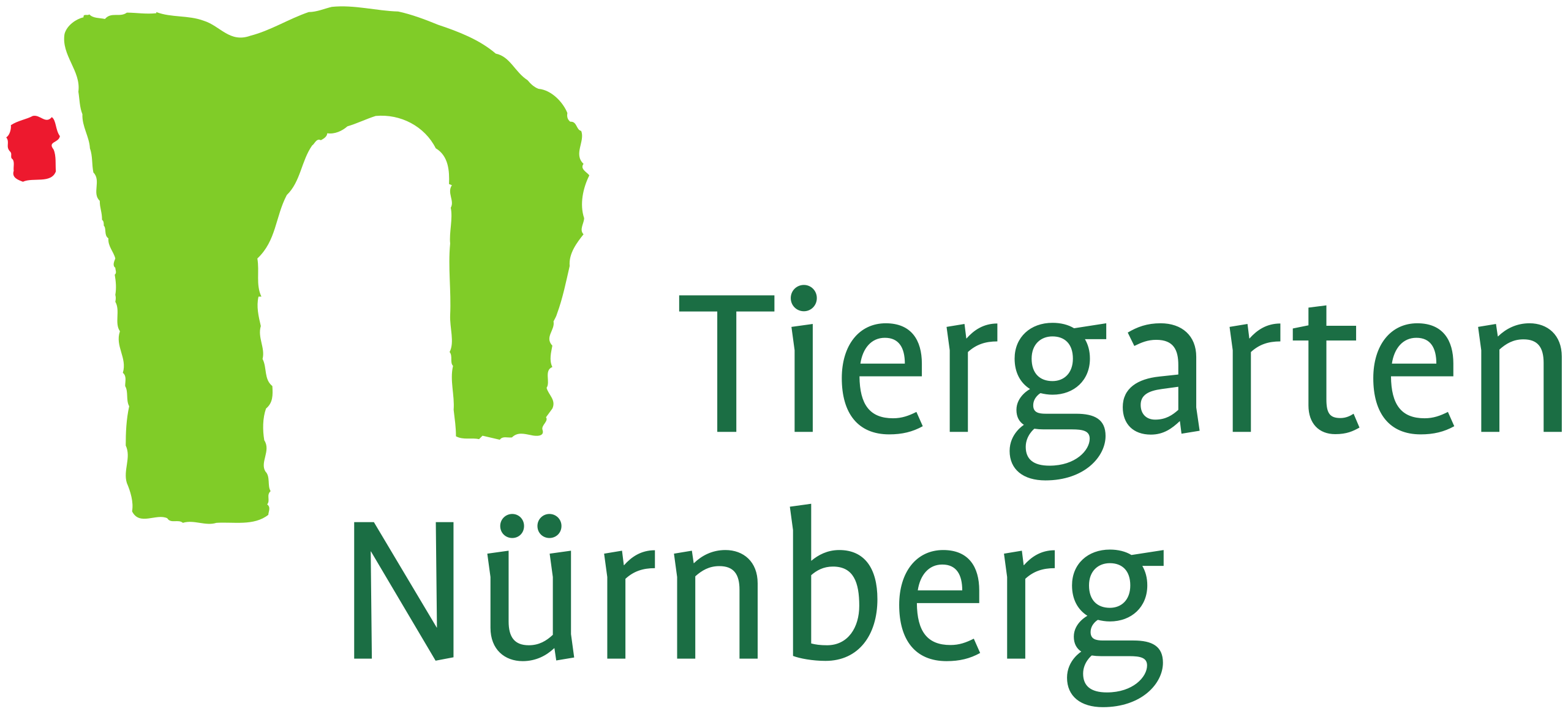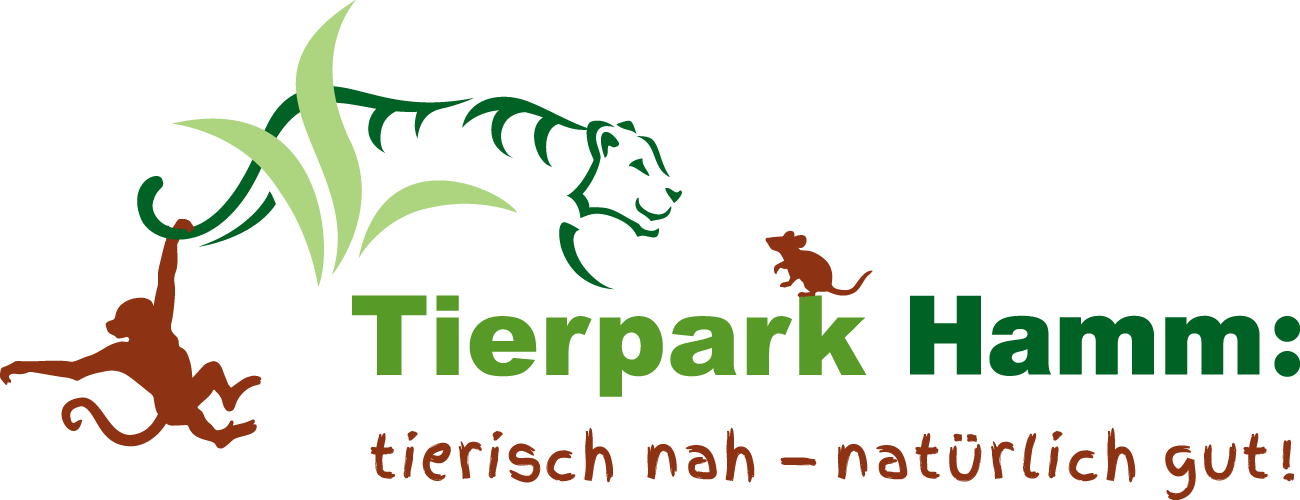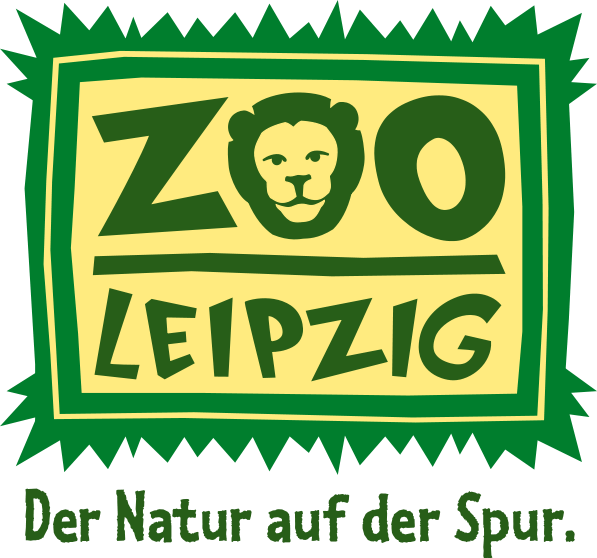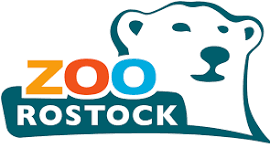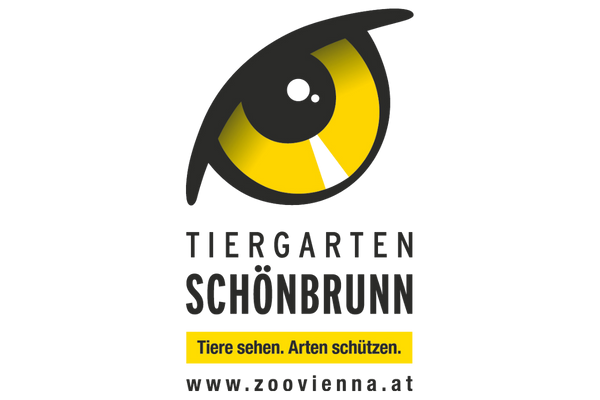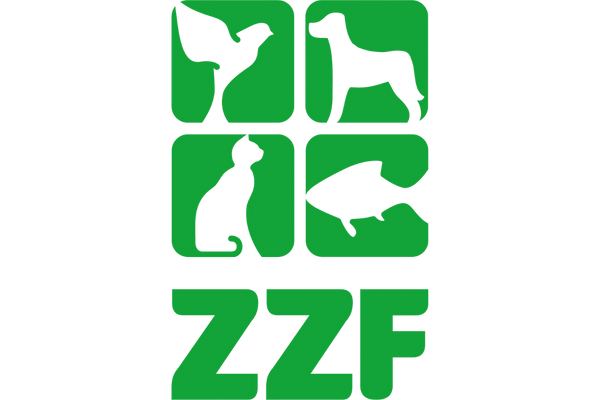Organisation_test
- Home
- Archive by Category "About us"
About us
Citizen Conservation was founded to make a countable contribution in the fight against species extinction.
Citizen Conservation was founded to make a countable contribution in the fight against species extinction.
History and background
The threatening acceleration of species extinction on our planet is one of the great challenges humanity is facing. Coordinated research and captive breeding is an essential element if we are to halt this trend. We still know far too little about many factors of coexistence within habitats to effectively protect these habitats. Understanding species offers a key to this. Where we fail temporarily or completely to conserve habitats, species will be able to persist in human care alone. We bear responsibility for the future of life on Earth.
Zoos, research institutions and many dedicated private owners have always been committed to the protection of animals and species. In Citizen Conservation, they join forces to counter the new dimension of the threat with a powerful set of instruments. In Citizen Conservation bündeln sie ihre Kräfte, um der neuen Dimension der Bedrohung ein leistungsfähiges Instrumentarium entgegenzusetzen.
Organisation
As a non-profit limited liability company, the Citizen Conservation Foundation pursues exclusively idealistic goals. The articles of association state that the aim is “to contribute to the fight against global species extinction, with a focus on the coordinated conservation breeding in captivity.” Started in 2018 as a joint project of Frogs & Friends, with the Deutsche Gesellschaft für Herpetologie und Terrarienkunde (DGHT) and the Verband der Zoologischen Gärten (VdZ) the non-profit limited liability company was founded in 2022 with the three initiators as shareholders.
Partners
Citizen Conservation is open to all institutions and people who are committed to animal and species conservation and see the current wave of extinction as a challenge for society as a whole.
The following partners contribute financially to the development of Citizen Conservation: Kölner Zoo AG, Zoologischer Garten Basel AG, Zoologischer Garten Augsburg GmbH, Deutsche Tierpark-Gesellschaft e.V. (DTG), Zoologisch-Botanischer Garten Stuttgart (Wilhelma).
The following cooperation partners support Citizen Conservation with benefits for CC participants: Six feet to eat.
Organizational structure
The shareholders’ meeting, formally the highest body of the gGmbH, is composed of the respective chairmen of the associations, namely Prof. Dr. Jörg Junhold, PD Dr. Mark-Oliver Rödel, Dr. Markus Monzel and Marco Schulz.
A supervisory board chaired by Dr. Tim Schikora (Director of Schwerin Zoo) was established as a controlling body, in which, in addition to representatives of the shareholders, other key content and financial partners are given a voice.
The operational business is run under a management agreement in joint operation between Frogs & Friends and Citizen Conservation under the management of Björn Encke.
The Scientific Advisory Board serves to support the management in the professional and entrepreneurial development of CC. In addition to various individuals, it also includes the respective advisory boards for the individual animal groups. These are composed of private and institutional experts and are significantly involved in the selection of species as well as the design of the CC programs.
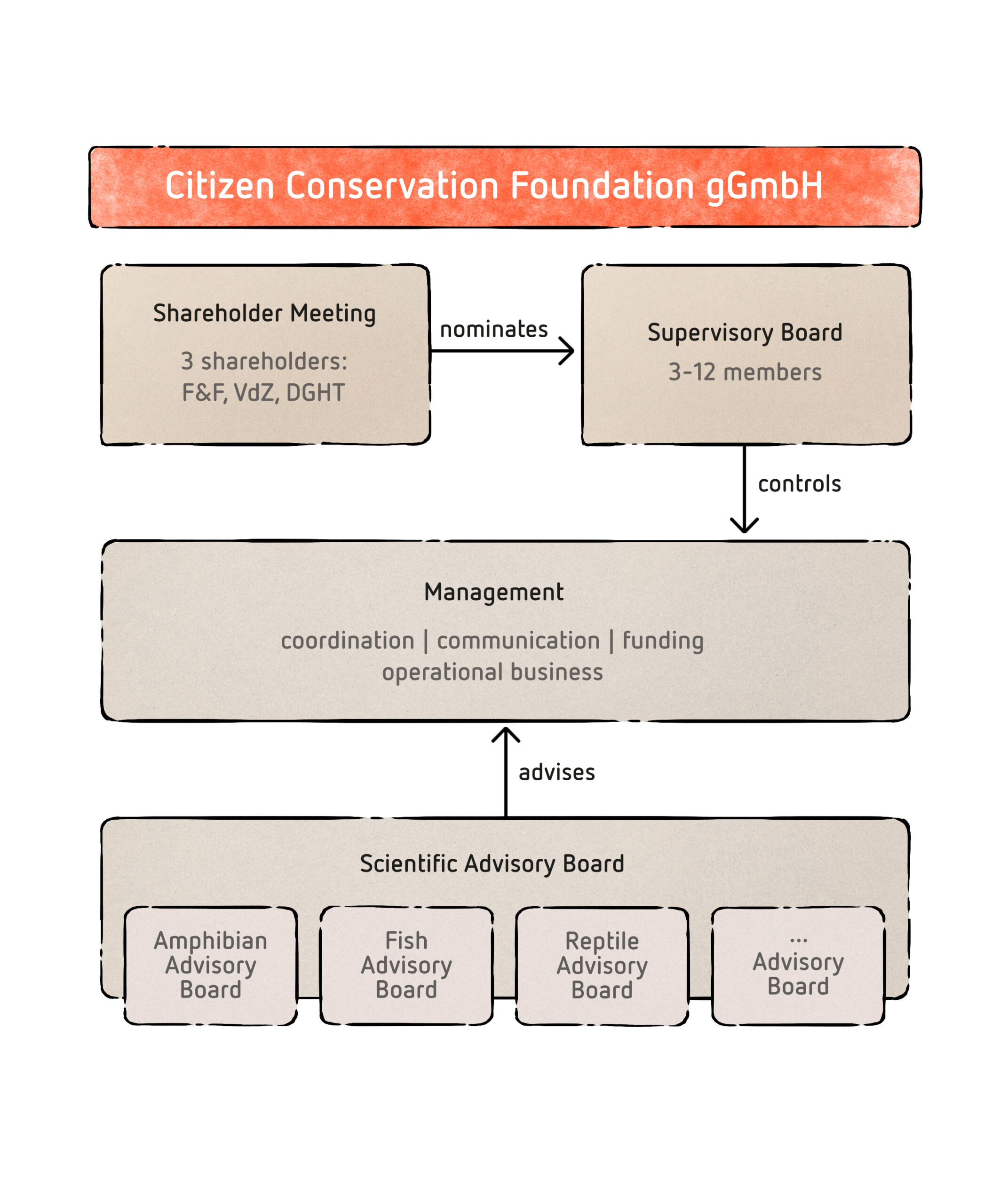
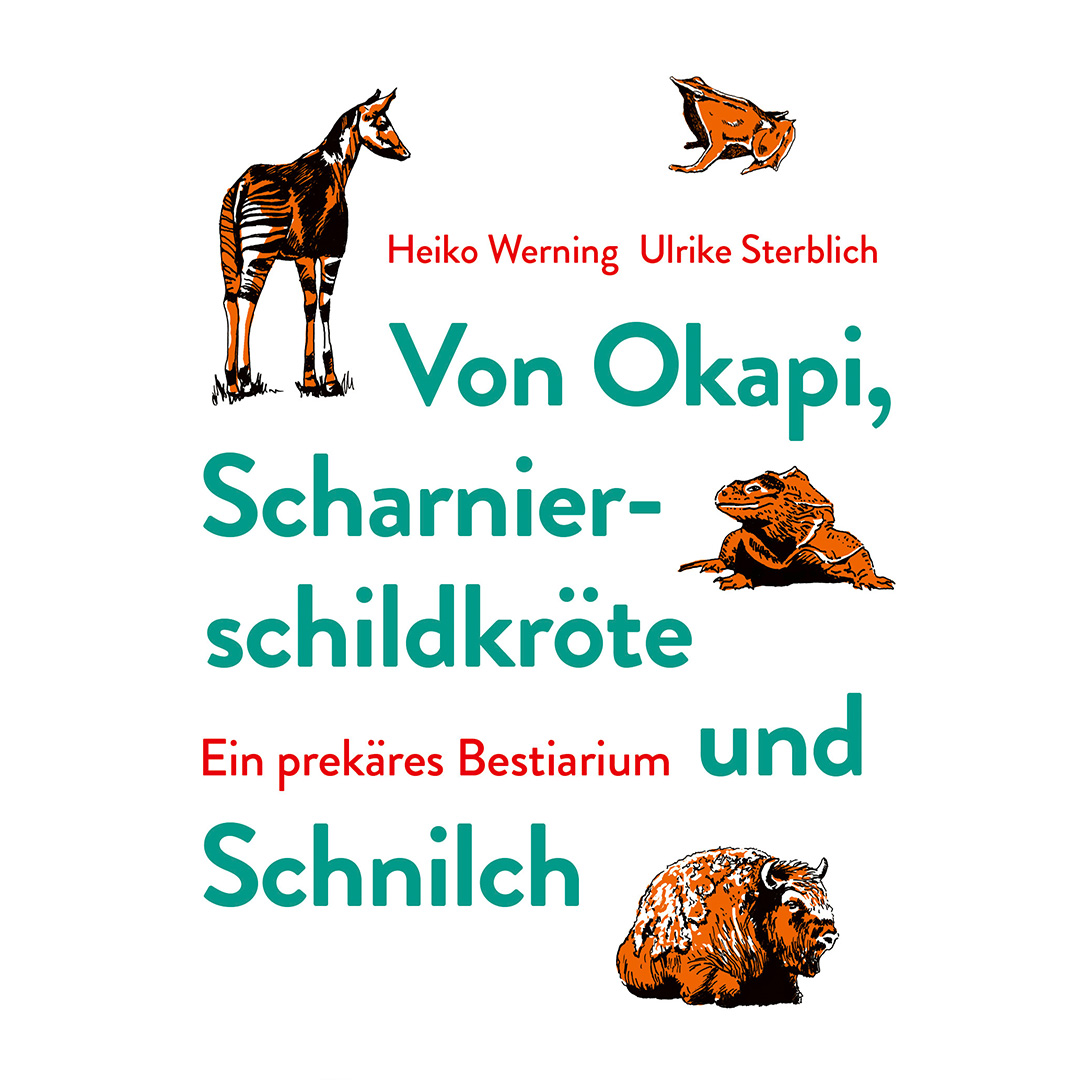
CHANGE
Members of the Supervisory Board and Advisory Board of CC
| Mitglieder des Aufsichtsrates | |
| Dr. Tim Schikora (Vorsitzender) | Direktor Zoo Schwerin, Schatzmeister VdZ (Verband der Zoologischen Gärten) |
| Saskia Kress (stellvertr. Vorsitzende) | Geschäftsführerin Filmtank GmbH, Geschäftsführerin Interactive Media Foundation |
| Gert Emmrich | Präsident DTG (Deutsche Tierparkgesellschaft) |
| Dr. Stephan Hering-Hagenbeck | Direktor Tiergarten Schönbrunn |
| Dr. Markus Monzel | Präsident DGHT (Deutsche Gesellschaft für Herpetologie und Terrarienkunde) |
| Dr. Olivier Pagan | Direktor Zoologischer Garten Basel |
| PD Dr. Mark-Oliver Rödel | Vorsitzender Frogs & Friends |
| Marco Schulz | Schatzmeister DGHT (Deutsche Gesellschaft für Herpetologie und Terrarienkunde) |
| Mitglieder des Wissenschaftlichen Beirats | |
| Michel Ansermet | Direktor AQUATIS - Aquarium - Vivarium Lausanne |
| Volker Ennenbach | Inhaber Tropenparadies Oberhausen |
| Matt Goetz | Kurator Durrel Wildlife Conservation Trust/Jersey |
| Volker Homes | Geschäftsführer VdZ (Verband der Zoologischen Gärten e.V.) |
| Dr. Tobias Kohl | Geschäftsführer Stiftung Artenschutz |
| Alexander Kühnen | CEO Bahlsen GmbH & Co KG |
| Dr. Arne Schulze | Geschäftsführer ZGAP (Zoologische Gesellschaft für Arten- und Populationsschutz e.V.) |
| Dr. Martin Singheiser | Geschäftsführer Bundesverband für fachgerechten Natur-, Tier- und Artenschutz e.V. (BNA) |
| Fachbeirat Amphibien | |
| Prof. Dr. Thomas Ziegler (Sprecher) | Kurator Aquarium & Koordinator Naturschutzprojekte Kölner Zoo |
| PD Dr. Tobias Eisenberg | Fachtierarzt für Mikrobiologie Abteilungsleiter Veterinärmedizin, Hessisches Landeslabor, Gießen |
| Dr. Karl-Heinz Jungfer | Privathalter |
| Dr. Axel Kwet | Geschäftsführer DGHT (Deutsche Gesellschaft für Herpetologie und Terrarienkunde) |
| Dr. Lukas Reese | Tierarzt und Kurator Exotenhaus Zoologischer Stadtgarten Karlsruhe |
| Dr. Joachim Nerz | Privathalter |
| Uwe Seidel | Privathalter |
| Fachbeirat Fische | |
| Anton Weissenbacher (Sprecher) | Kurator Tiergarten Schönbrunn |
| Stefan Karl Hetz | Wissenschaftlicher Fachreferent Heimtiere und Internationale Beziehungen beim ZZF (Zentralverband Zoologischer Fachbetriebe e.V.) |
| Stefan Inselmann | Project Manager Sander Aqua Design |
| Ariel Jacken | Seniorkurator Zoo Leipzig |
| David Kasih | Kurator 1000-Arten-Projekt |
| Dr. Holger Kraus | Kurator Exotarium Zoo Zürich |
| Benjamin Wilden | Projektleiter Paroshpromenus Project |
| Fachbeirat Reptilien | |
| Dr. Philipp Wagner (Sprecher) | Artenschutz-Kurator Allwetterzoo Münster |
| Markus Auer | Sammlungsmanager/-techniker, Senckenberg Naturhistorische Sammlungen Dresden |
| Gregor Geisler | Privathalter und Tierarzt |
| Felix Hulbert | Privathalter & Mitarbeiter Zoo Frankfurt |
| Christian Langner | Leiter Internationales Zentrum für Schildkrötenschutz, Allwetterzoo Münster |
| Thomas Lindner | Privathalter & selbstständiger herpetologischer Gutachter |
| Anna Rauhaus | Reviertierpflegerin Terrarium Kölner Zoo |
| Fabian Schmidt | Kurator Zoo Basel |
- Home
- Archive by Category "About us"
Contact
Citizen Conservation Foundation gGmbH
Reichenberger Street 88
10999 Berlin, Germany
Germany
Phone: +49 (0) 30 92 10 13-223
Mail: info |at| citizen-conservation.org
Web: www.citizen-conservation.org
- Home
- Archive by Category "About us"
Contact
Citizen Conservation Foundation gGmbH
Reichenberger Street 88
10999 Berlin, Germany
Germany
Phone: +49 (0) 30 92 10 13-223
Mail: info |at| citizen-conservation.org
Web: www.citizen-conservation.org
Mission
- Home
- Archive by Category "About us"
About us
Counteracting the mass extinction of species with targeted conservation breeding - that is the mission of Citizen Conservation. The clock is ticking. Everyone can join in and make a tangible contribution.
Counteracting the mass extinction of species with targeted conservation breeding - that is the mission of Citizen Conservation. The clock is ticking. Everyone can join in and make a tangible contribution.
In the stranglehold of the dual crisis
Loss of forests and wetlands, climate crisis, population growth, urban sprawl, pollution, overhunting, invasive species – these are by no means all the reasons why more and more animal and plant species are threatened with extinction or are already extinct. We are in the midst of the greatest mass extinction in the history of the earth since the end of the dinosaurs. Humans are to blame.
The United Nations World Biodiversity Council warns that over a million species could disappear forever in the coming decades. Together with global warming, the biodiversity crisis is the greatest threat to life on the planet – and therefore also to humanity.
Animal husbandry saves species
We will no longer be able to save many species in nature. Because the means and will to protect their habitats are lacking, because climate change is progressing too quickly, because the number of surviving animals of some species is already too low. But giving up is not an option! Zoological institutions around the world have done pioneering work in recent decades and saved dozens of species from extinction through conservation breeding – from the European Bison to the Spix’s Macaw, from the Scimitar-horned Oryx to the Przwalski’s Horse. So it works!
If we want to set something in motion, we need a movement!
Everyone can make a tangible contribution
But zoos alone are unable to cope with this task. The number of endangered species is too great. But civil society can help. Thousands of dedicated private animal keepers have accumulated enormous knowledge about a wide variety of species and are willing to donate their time and skills to the cause of species conservation. We simply cannot afford to do without the capacities of private breeders when it comes to saving species. However, there has been a lack of joint efforts, coordination and cooperation between institutional and private animal keepers. Citizen Conservation has set out to change this.
Find out how you can become a CC participant.
Many species can only survive if we manage to establish stable and healthy populations early on through captive breeding.
Insights into the way animals live are key to understanding ecosystems and implementing effective measures to conserve species.
The existing zoological institutions do not have enough capacity to meet the ever growing need for coordinated breeding programs.
Science and civil society – joining forces
Citizen Conservation is a network of professional and private animal keepers. Breeding programmes managed according to the latest scientific knowledge meet the willingness of people to actively participate in the conservation of biodiversity. Citizen Conservation guides, inspires and coordinates – and thus brings together everyone’s expertise to make a tangible contribution to the preservation of biodiversity. Every frog, fish or reptile species saved is worth the effort!
In recent years, Anna Rauhaus and her team have bred almost twenty amphibian species in a special breeding space at Cologne Zoo. One of these is the Bony-headed Toad, which is endangered in its homeland, Vietnam.
Karl-Heinz Jungfer has been nursing amphibians since he was twelve years old. His area of expertise: the frogs of Latin America. For CC, he keeps the Demonic Poison Frog from Venezuela, whose habitat is threatened by local mining.
Doris Preininger und Thomas Wampula vom Tiergarten Schönbrunn sind weltweit im Einsatz für bedrohte Amphibien. For Citizen Conservation, they look after the Pátzcuaro cross-toothed newt, a relative of the axolotl.
Stay up to date
Stay up to date
Our newsletter keeps you up to date with all the latest news!
Team
- Home
- Archive by Category "About us"
About us
CC manages the core content business as well as animal and participant administration from its Berlin office. Get to know the team.
CC manages the core content business as well as animal and participant administration from its Berlin office. Get to know the team.
The operational business is managed by the CC office in Berlin. Heiko Werning, Vanessa Dubberke and Tina Nagorzanski are in charge of the core content business, animal and participant management on the one hand, and the day-to-day editorial business on the other. Johannes Penner as curator for research & zoology is mainly responsible for higher-level questions of population management and research cooperation, and as project manager for the development of “Wild at Home”. Otherwise, given the size of the team, it goes without saying that we support and represent each other to the best of our abilities.
Information on the organisational structure of Citizen Conservation can be found here.
- Home
- Archive by Category "About us"
Team
Citizen Conservation Foundation gGmbH
Reichenberger Street 88
10999 Berlin
Germany
Phone: +49 (0) 30 92 10 13-223
Mail: info |at| citizen-conservation.org
Web: www.citizen-conservation.org
- Home
- Archive by Category "About us"
Team
Citizen Conservation Foundation gGmbH
Reichenberger Street 88
10999 Berlin
Germany
Phone: +49 (0) 30 92 10 13-223
Mail: info |at| citizen-conservation.org
Web: www.citizen-conservation.org
Organisation
- Home
- Archive by Category "About us"
About us
Citizen Conservation was founded to make a countable contribution in the fight against species extinction.
Citizen Conservation was founded to make a countable contribution in the fight against species extinction.
Background
The threatening acceleration of species extinction on our planet is one of the great challenges humanity is facing. The threatening acceleration of species extinction on our planet is one of the great challenges humanity is facing. Coordinated research and captive breeding is an essential element if we are to halt this trend. We still know far too little about many factors of coexistence within habitats to effectively protect these habitats. Understanding species offers a key to this. Where we fail temporarily or completely to conserve habitats, species will be able to persist in human care alone. We bear responsibility for the future of life on Earth.
Zoos, research institutions and many dedicated private owners have always been committed to the protection of animals and species. In Citizen Conservation, they join forces to counter the new dimension of the threat with a powerful set of instruments.
Organisation
As a non-profit limited liability company, the Citizen Conservation Foundation pursues exclusively idealistic goals. The articles of association state that the aim is “to contribute to the fight against global species extinction, with a focus on the coordinated conservation breeding in captivity.” Started in 2018 as a joint project of Frogs & Friends, with the Deutsche Gesellschaft für Herpetologie und Terrarienkunde (DGHT) and the Verband der Zoologischen Gärten (VdZ) the non-profit limited liability company was founded in 2022 with the three initiators as shareholders.
Partners
Citizen Conservation is open to all institutions and people who feel committed to the protection of animals and species and see the current extinction wave as a challenge for society as a whole.
The following partners participate financially in the development of Citizen Conservation: Basel Zoological Garden, Nuremberg Zoo, Augsburg Zoological Garden, Halle Zoological Garden, Karlsruhe Zoological Garden, Stuttgart Zoological and Botanical Garden (Wilhelma), German Zoo Society (DTG), Duisburg Zoo, Hamm Zoo, Heidelberg Zoo, Zoo Krefeld, Leipzig Zoo, Schwerin Zoological Garden, Rostock Zoo, Schönbrunn Zoo, German Pet Trade and Industry Association.
The following cooperation partners support Citizen Conservation with benefits for CC participants: Six feet to eat/Fauna Topics.
Organisational structure
The shareholders’ meeting, formally the highest body of the gGmbH, is composed of the respective chairmen of the associations, namely Prof Dr Jörg Junhold, PD Dr Mark-Oliver Rödel, Dr Markus Monzel and Marco Schulz.
A supervisory board chaired by Dr Tim Schikora (Director of Schwerin Zoo) was established as a controlling body, in which, in addition to representatives of the shareholders, other key content and financial partners are given a voice.
The operational business is run under a management agreement in joint operation between Frogs & Friends and Citizen Conservation under the management of Björn Encke.
The Scientific Advisory Board serves to support the management in the professional and entrepreneurial development of CC. In addition to various individuals, it also includes the respective advisory boards for the individual animal groups. These are composed of private and institutional experts and are significantly involved in the selection of species as well as the design of the CC programs.

Members of the Supervisory Board and Advisory Board of CC
| Members of the Supervisory Board | |
| Dr Tim Schikora (Chairman) | Director Schwerin Zoo, treasurer Association of Zoological Gardens (VdZ) |
| Saskia Kress (Deputy Chair) | CEO Filmtank GmbH, CEO Interactive Media Foundation gGmbH |
| Gert Emmrich | President German Zoo Society (DTG) |
| Dr Stephan Hering-Hagenbeck | Director Schönbrunn Zoo |
| Dr Markus Monzel | Chairman German Society for Herpetology and Terrarium Science (DGHT) |
| Dr Olivier Pagan | Director Basel Zoo |
| PD Dr Mark-Oliver Rödel | Chairman Frogs & Friends |
| Marco Schulz | Chairman German Society for Herpetology and Terrarium Science (DGHT) |
| Members of the Scientific Advisory Board | |
| Volker Ennenbach | Owner Tropenparadies Oberhausen |
| Matt Goetz | Head of Herpetology Durrel Wildlife Conservation Trust/Jersey |
| Volker Homes | CEO Association of Zoological Gardens (VdZ) |
| Dr Tobias Kohl | CEO Stiftung Artenschutz |
| Alexander Kühnen | CEO Bahlsen GmbH & Co KG |
| Dr Arne Schulze | CEO Zoological Society for the Conservation of Species and Populations (ZGAP) |
| Amphibian Advisory Board | |
| Prof Dr Thomas Ziegler (Spokesperson) | Curator Aquarium & Coordinator Conservation Projects Cologne Zoo |
| PD Dr Tobias Eisenberg | Veterinary specialist in Microbiology, Head of Veterinary Medicine Department, Hessian State Laboratory, Giessen |
| Dr Karl-Heinz Jungfer | Private animal keeper |
| Dr Axel Kwet | CEO German Society for Herpetology and Terrarium Science (DGHT) |
| Dr Joachim Nerz | private animal keeper |
| Fish Advisory Board | |
| Anton Weissenbacher (Spokesperson) | Curator Tiergarten Schönbrunn |
| Stefan Karl Hetz | Scientific Officer for Pets and International Relations at Zentralverband Zoologischer Fachbetriebe e.V. (ZZF) |
| Stefan Inselmann | Project Manager Sander Aqua Design |
| Ariel Jacken | Seniorcurator Zoo Leipzig |
| David Kasih | Curator 1000-Arten-Project |
| Dr Holger Kraus | Curator Exotarium Zurich Zoo |
| Benjamin Wilden | Project Manager Paroshpromenus Project |
| Reptile Advisory Board | |
| Dr Philipp Wagner (Spokesperson) | Curator for Species Conservation Allwetterzoo Münster |
| Markus Auer | Collection Manager/Technician, Senckenberg Natural History Collections Dresden |
| Gregor Geisler | Private animal keeper and Veterinary |
| Felix Hulbert | Private animal keeper & Employee Zoo Frankfurt |
| Christian Langner | Director International Center for Turtle Conservation, Allwetterzoo Münster |
| Thomas Lindner | Private animal keeper & Independent herpetological expert |
| Anna Rauhaus | Head of animal keeping Terrarium Cologne Zoo |
| Fabian Schmidt | Curator Zoo Basel |
- Home
- Archive by Category "About us"
Contact
Citizen Conservation Foundation gGmbH
Reichenberger Street 88
10999 Berlin
Germany
Phone: +49 (0) 30 92 10 13-223
Mail: info |at| citizen-conservation.org
Web: www.citizen-conservation.org
- Home
- Archive by Category "About us"
Contact
Citizen Conservation Foundation gGmbH
Reichenberger Street 88
10999 Berlin
Germany
Phone: +49 (0) 30 92 10 13-223
Mail: info |at| citizen-conservation.org
Web: www.citizen-conservation.org
History
- Home
- Archive by Category "About us"
About us
From the ambitious project of three associations to a non-profit limited company – and a civil society movement: the history of Citizen Conservation.
From the ambitious project of three associations to a non-profit limited company – and a civil society movement: the history of Citizen Conservation.
The goal was clear from the start: Citizen Conservation wants to help save as many species as possible from extinction through conservation breeding in human care. The way to achieve this is already a promise in the name: Citizen Conservation are people who keep and breed endangered animals in their spare time to support the conservation efforts of zoos and other institutions. After all, the task of countering the biodiversity crisis with a countable contribution is too great for us to allow ourselves to do without the knowledge, enthusiasm and commitment of many private animal keepers.
Awarded species protection
Founded in 2014, the Frogs & Friends organisation, which sees itself as a kind of PR agency for amphibians and is made up of a diverse mix of experts from media, private wildlife keeping, zoos and science, was asked by the Verband der Zoologischen Gärten (Association of Zoological Gardens, VdZ) in 2017 for an idea of how private individuals who breed amphibians at home could be included in ex-situ species conservation projects for these animals together with professional institutions. Frogs & Friends then developed the CC concept and invited leading experts to a kick-off workshop in January 2018 to discuss its design and feasibility. The result of an intensive weekend: The venture should be taken!
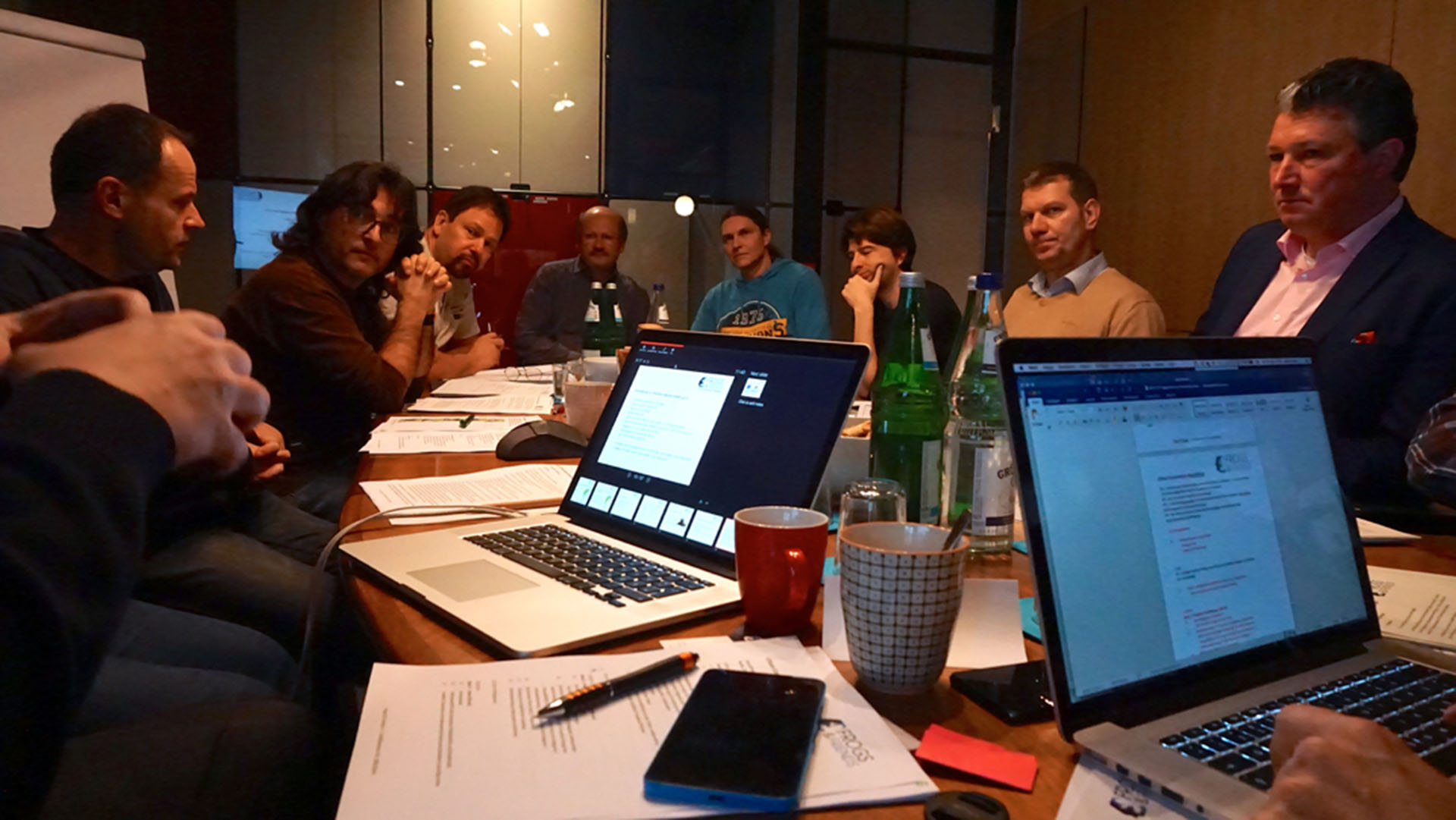
The workshop participants formed the CC operational advisory board, which was tasked with steering the content of the project through a five-year pilot phase. Frogs & Friends, VdZ and the Deutsche Gesellschaft für Herpetologie und Terrarienkunde (German Society for Herpetology and Herpetoculture, DGHT) agreed in mid-2018 to provide basic funding for this pilot phase in order to test and optimise the ideas and processes of CC in practice using amphibians as an example. The mission was to establish professionally coordinated conservation breeding programs for endangered amphibian species in cooperation with institutions and private individuals. However, as the idea of the need to save species through ex situ husbandry requires social backing, CC was also intended to be a campaign “pro ex situ” in order to create an understanding among the wider public of both the dramatic nature of species extinction and the need to take countermeasures involving wild animal husbandry in human care.
CC’s concept was so convincing that the initiators Björn Encke and Heiko Werning were awarded the “Kultur- und Kreativpiloten Deutschland 2019” prize by the German government.
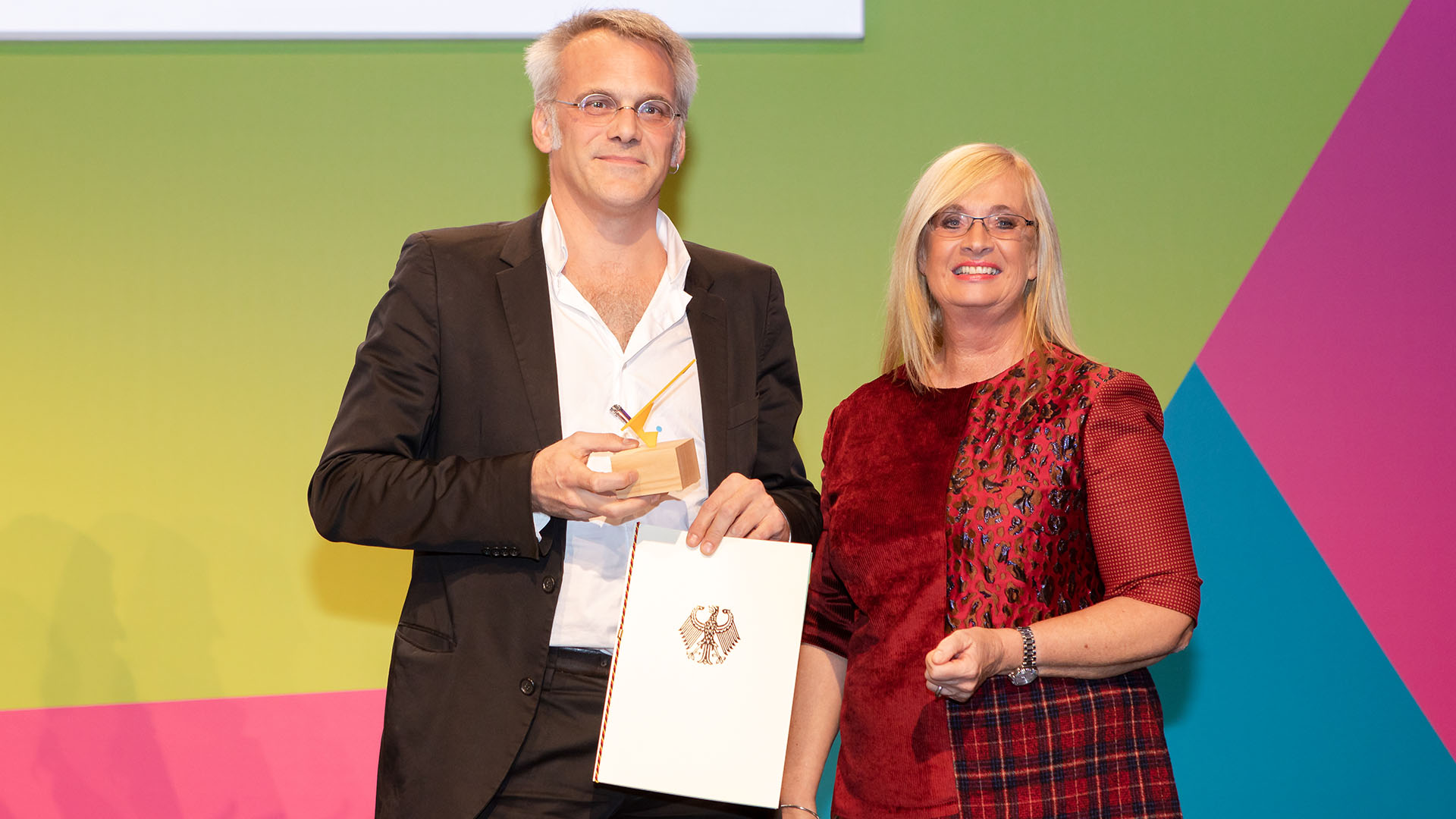
Official award presentation in 2019 to Björn Encke by Claudia Dörr-Voß, State Secretary at the Federal Ministry for Economic Affairs and Energy. © William Veeder
Kick-off with amphibians
Given the history and the people involved, it was only logical to start with amphibians. Frogs, toads, newts and salamanders are one of the most endangered groups of animals in the world, with 41% of the species at risk of extinction. And they have been significantly underrepresented in zoo animal husbandry to date, while there are many private individuals who have had great success in breeding these animals and have accumulated an impressive knowledge of them. In autumn 2018, the critically endangered Lake Patzcuaro Salamander were the first animals to move into the aquariums of CC participants, with four other amphibian species following soon after – a start had been made!
A start-up for species conservation to counter the escalating biodiversity crisis with visible and countable results.
Wild at Home
The tasks of the pilot phase also included the development of a practicable and efficient online population management system for the administration and coordination of CC participants and animals – no trivial matter given the complexity of the task and the number of individuals. The result should therefore be available to society as a whole beyond CC in order to create more transparency and efficiency in private wildlife management overall. Thanks to funding from the “IGP – Innovation Programme for Business Models and Pioneering Solutions“ of the Federal Ministry for Economic Affairs and Climate Action and the database specialist marmalade GmbH, the wildlife database “Wild at Home” was finally developed, the beta version of which went online in 2023 and will soon be available to all wildlife keepers after further expansion.
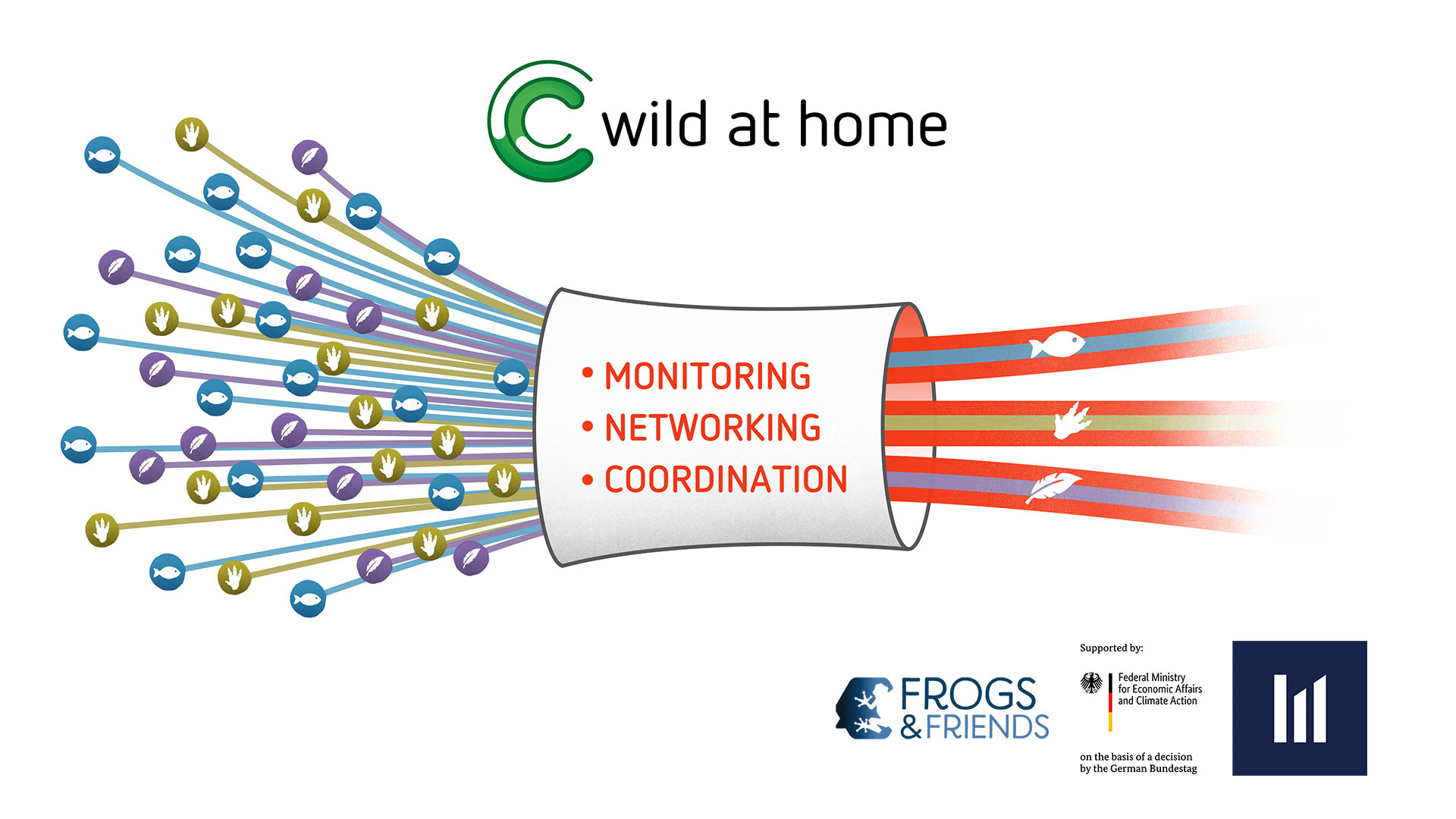
Monitoring, networking and coordination – all under one roof. Initiated as a project by Frogs & Friends, funded by the BMWK and supported by the IT agency marmalade. © Jonas Lieberknecht
Standing on our own two feet
The first breeding successes were already celebrated in the following year 2019. By the end of the pilot phase in 2022, CC participants were already looking after 1,382 animals from 15 species.
Another task of the pilot phase was to find a sustainable structure for CC so it could operate as an independent organisation in the future. The Citizen Conservation Foundation gGmbH was therefore founded in 2022. The previous project sponsors Frogs & Friends, VdZ and DGHT became shareholders of the non-profit limited company. The shareholders’ assembly appointed a supervisory board to oversee the fate of CC, with Dr Tim Schikora, Director of Schwerin Zoo, as its first chairman. The managing director of CC is Björn Encke, who oversees the CC office in Berlin. CC is advised on content by a scientific advisory board, whose specialist groups are dedicated to the individual animal groups. At the first advisory board meeting in the new organisational form in January 2023 in Berlin, an advisory board for fish and one for reptiles were established in addition to the amphibian advisory board. The first fish species had already been included in CC in 2020 in anticipation of this, with the first reptiles following in 2023.
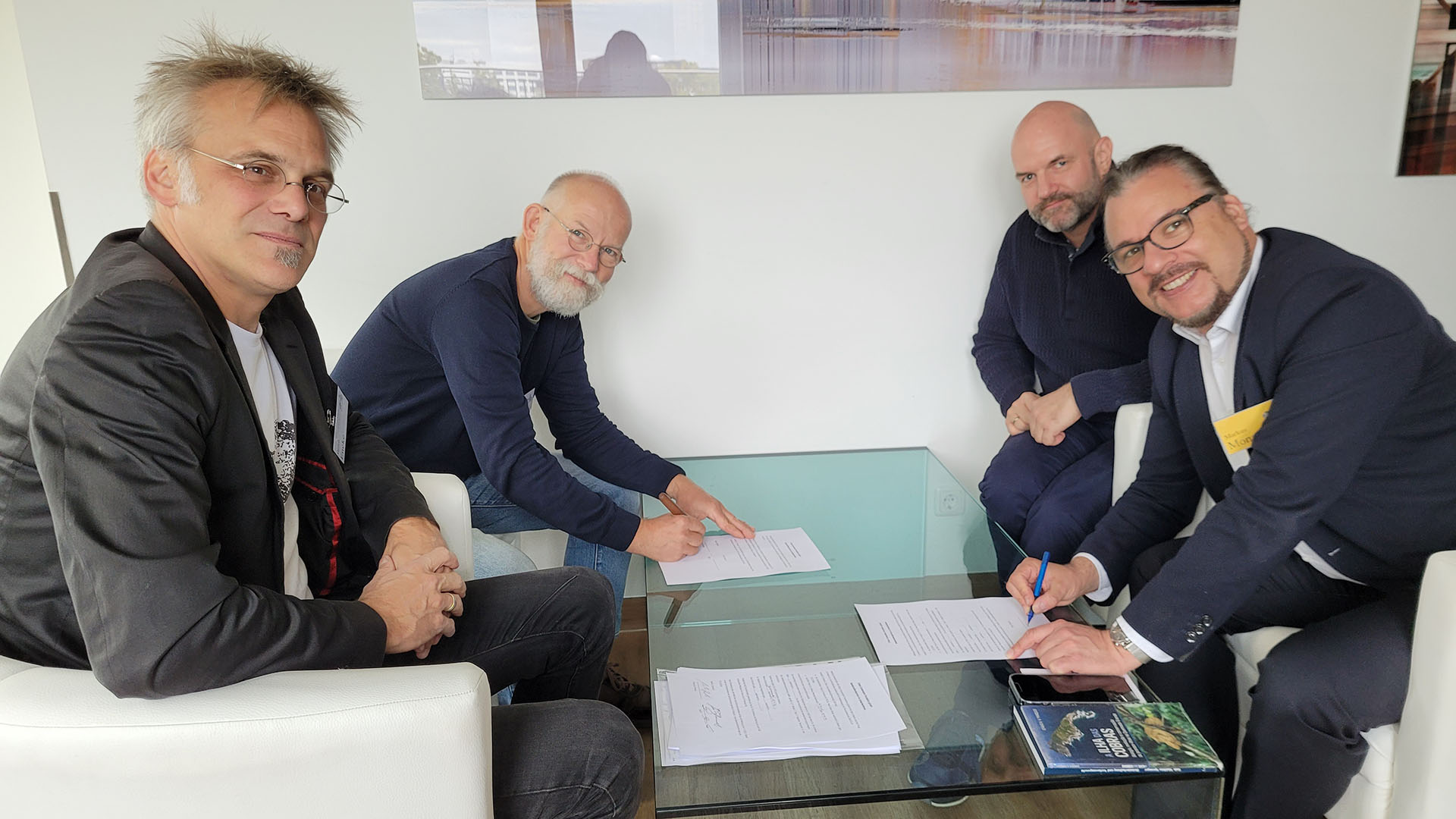
Mark-Oliver Rödel (Chairman F&F, back left), Marco Schulz (President DTG, back right), Markus Monzel (Chairman DGHT, front right) and Björn Encke (Managing Director CC, front left) signing the partnership agreement at the DGHT Conference 2022 in Berlin.
The inclusion of further animal groups is planned for the future, as is increased geographical expansion outside the German-speaking region. This scaling, as well as the expansion of the portfolio of species cared for, is dependent on the financial resources available to CC. Supporting institutions are just as welcome as individual donors and, of course, other committed people who want to give a great hobby a deeper meaning with their voluntary wild animal husbandry and stand up to species extinction. Because keeping saves species!
